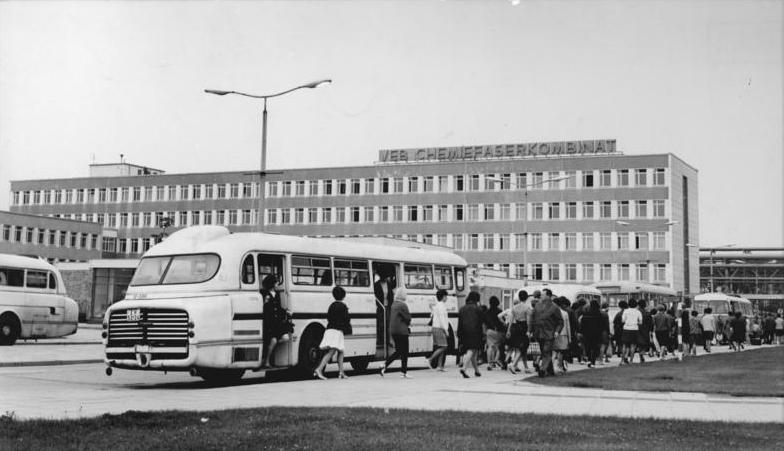The Cold War division of Europe changed Austria’s traditionally good economic relations with the Eastern states. Austria’s trade shifted to the “West”. However, Eastern trade remained important for neutral Austria.
In 1963, it ranked sixth with its exports to the European COMECON among Western European countries. In 1968, only a few days after the suppression of the Prague Spring, Soviet gas crossed the Iron Curtain to Austria for the first time. In the 1980s, when the Eastern states got into financial difficulties, Austrian institutions financed up to ten percent of the debt burden. At the same time, Austrian nationalized industry also ran into severe problems due to losses. So, Eastern trade became probably the last hope for these companies. After the fall of the Iron Curtain, Austrian companies benefited greatly from the transition of the Eastern states from planned economies to market economies.
This project should analyze how the bridging function of neutral Austria’s Osthandel worked. The time frame starts in 1963 with the beginning of détente, through the end of the Cold War to Austria’s accession to the EU in 1995, with a focus on Czechoslovakia, Hungary and Poland.
This trade will be analyzed on four levels: diplomatic history, economic history, business history, and the three previous strands of analysis are brought together at the fourth level.
The questions of what impact diplomatic relations had on economic and trade relations and vice versa, and to what extent this trade was used by communist leaders to modernize their economies, will be answered.
The synthesis of quantitative in combination with qualitative historical-systematic methods will allow a multiperspective view on Austria’s Eastern trade. For generating this view, archival material and oral history interviews will be used as sources.
This study would be the first to research the interplay between diplomacy, economic history and business history in relation to Austria’s Eastern trade. Furthermore, it illustrates the historical background of Austrian companies expanding to CEE faster than other Western European countries.

| Duration | 01.03.2025 - 29.02.2028 |
| Funding Funding program | FWF Principal Investigator Project |
| Grant amount Uni Graz | € 365.436 |
| Unit | Department of History |
| Profile area Uni Graz | |
| Core research area of the Faculty | |
| Principal investigator | Univ.-Prof. Mag. Dr.phil. Walter Iber |
| Project staff | Mag. Christoph Huber Priv.-Doz. Mag. Dr. Peter Ruggenthaler Mag.phil. Dr.phil. Anna Graf-Steiner, MA |
| Project homepage |